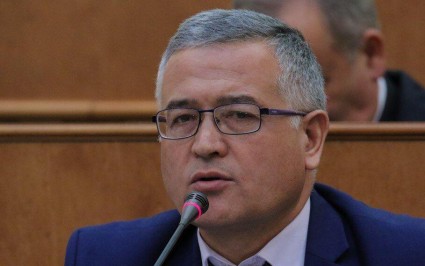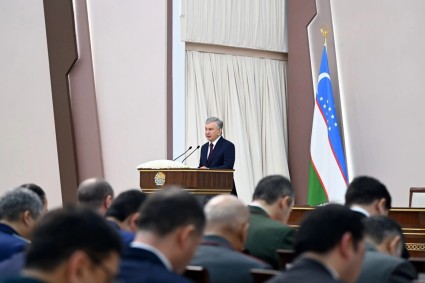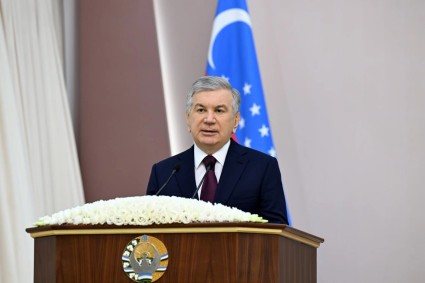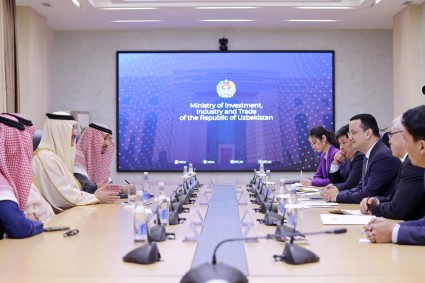In an interview to the Yangi O’zbekiston newspaper, the Foreign Minister Abdulaziz Kamilov commented on the possible resumption of Uzbekistan's membership in the Collective Security Treaty Organization (CSTO) following the pull-out of international troops from Afghanistan.
According to Abdulaziz Kamilov, the right to use force in the event of external aggression is an undeniable phenomenon and an integral part of the national security concepts of most countries, as well as the doctrines of various associations.
“Uzbekistan has always supported and will continue to support the peaceful settlement of all issues, especially the situation in Afghanistan, which has been a source of concern for all neighboring countries for many decades. We have always stressed that there is no military way to solve the Afghan problem. Many in the world community today are sympathetic to this point of view. The pull-out of international coalition troops from Afghanistan also showed that our approach was correct.
We have repeatedly stated that in accordance with the national legislation of Uzbekistan, including the Foreign Policy Concept and the Defense Doctrine, our country will not participate in military blocs. In addition, it is very important that in reality today our country has sufficient potential to ensure its national security. Military reforms in in Uzbekistan are progressing successfully, the military-technical base of the national army is being significantly enhanced, the minister said.
“However, it is not always efficient to choose to use the military force when faced with security threats, and this will not always yield the expected results. After all, there are other tools that are not less effective, and in many cases even more effective in countering security threats. One such tool is diplomacy.
Preventive diplomacy has proven its usefulness many times in the past, and is still proving its prowess, including in its approaches to the new situation in Afghanistan. It's not just about bilateral diplomacy. At the international level, a comprehensive system of political and diplomatic mechanisms has been established and is constantly evolving to be aware of any threats and dangers to national and regional security at the multilateral level,” the Minister said.
Abdulaziz Kamilov also noted that in Central Asia there are "5 + 1" formats of dialogue with major partners of the region, platforms in the ties with Russia, the United States, the European Union, China, India, the Republic of Korea and Japan.
"At the same time, in addition to the CSTO, there are organizations in the region, such as the CIS and SCO, which discuss topical issues, in particular, regional security, as well as the problem of Afghanistan," he added.
The Collective Security Treaty Organization is a militarized regional international organization established under an international agreement signed on 15 May 1992 in Tashkent. It included nine republics of the former Soviet Union. Currently, only Armenia, Belarus, Kazakhstan, Kyrgyzstan, Russia and Tajikistan are members. Uzbekistan first withdrew from the organization on April 2, 1999. Later, on August 16, 2006, after the cold with the United States and the West, Uzbekistan's membership in the CSTO was fully restored.
On June 28, 2012, Uzbekistan withdrew from the organization again and has not rejoined since. The Foreign Ministry did not disclose the reasons for Uzbekistan's withdrawal.
According to the Approval of the Uzbekistan’s Foreign Policy Concept Law adopted in 2012, the membership of Uzbekistan in military-political blocs is prohibited, and this concept is currently in force.
At a briefing on 12 July, the Presidential Spokesman Sherzod Asadov said that there was no information on the proposals of the partner countries to consider the issue of resuming Uzbekistan's membership in the CSTO.














